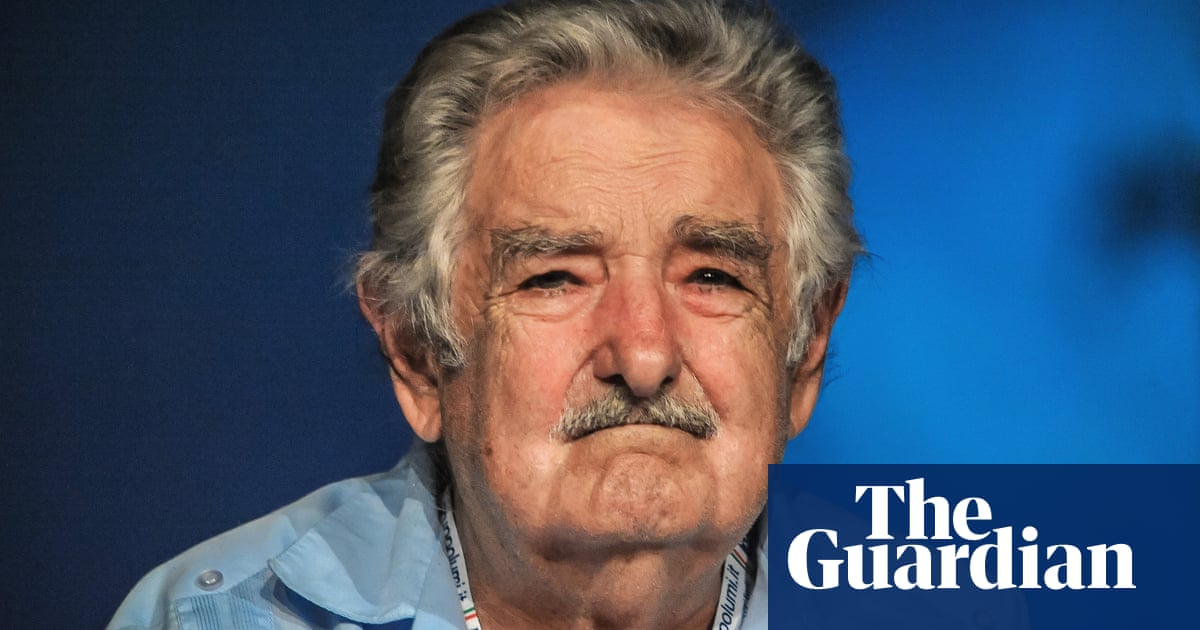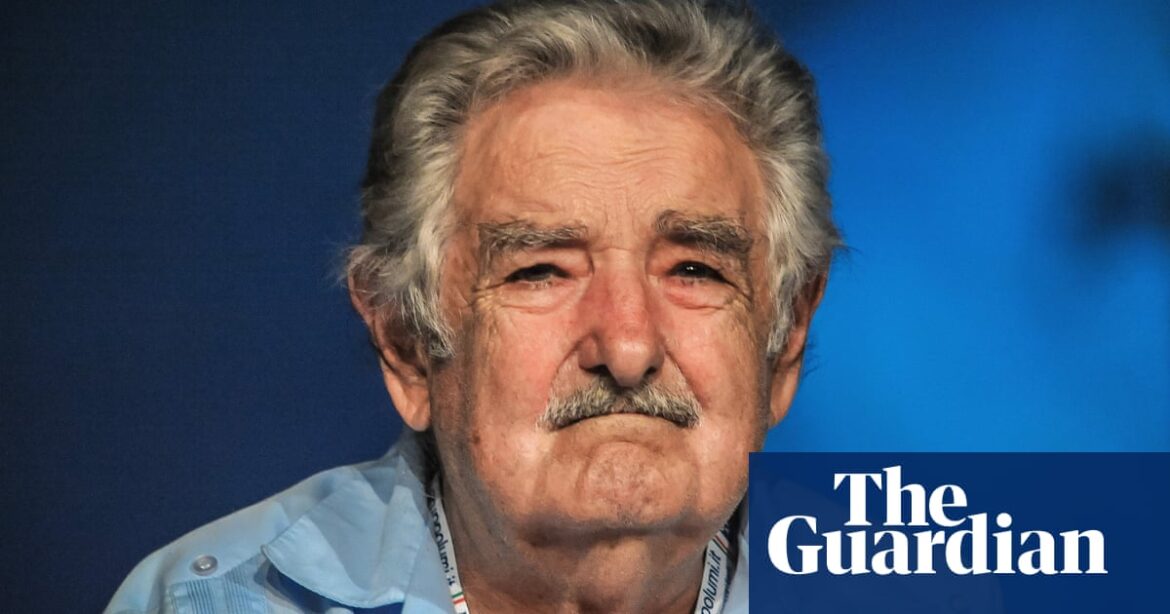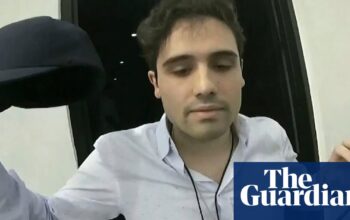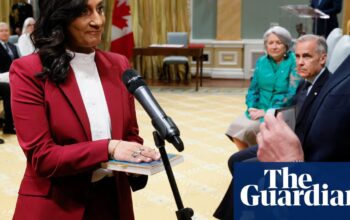
Uruguay’s former president José Mujica, a onetime Marxist guerrilla and flower farmer whose radical brand of democracy, plain-spoken philosophy and simple lifestyle fascinated people around the world, has died. He was 89.
His death was announced by the current Uruguayan president. Yamandú Orsi. In a post on social media platform X, Orsi called Mujica a “president, activist, guide and leader”. Mujica had been under treatment for cancer of the esophagus since spring 2024, when the disease was diagnosed.
Even as the treatment left him weak and hardly able to eat, Mujica reappeared on the political stage in fall of 2024, campaigning for his leftwing coalition in national elections that vaulted his preferred candidate and protege, Orsi, to the presidency.
In September of 2024, his doctor reported that radiation had succeeded in eliminating much of Mujica’s tumor. But in January of 2025, his doctor announced that the cancer in his esophagus had returned and spread to his liver. His autoimmune disease and other underlying medical problems led Mujica to decide not to pursue further treatment.
“Honestly, I’m dying,” Mujica told weekly magazine Búsqueda in what he said would be his final interview. “A warrior has the right to rest.”
During his 2010-2015 presidency, Mujica, widely known as “Pepe”, oversaw the transformation of his small South American nation into one of the world’s most socially liberal democracies. He earned admiration at home and cult status abroad for legalizing marijuana and same-sex marriage, enacting the region’s first sweeping abortion rights law and establishing Uruguay as a leader in alternative energy.
He sparked global fascination by shunning the presidential palace to live in a tiny farmhouse and donating most of his salary to charity.
In the 1960s, he co-founded the Marxist-Leninist urban guerrilla movement Tupamaros, which started out robbing from the rich to give to the poor but later escalated its campaign to kidnappings, bombings and assassinations.
During those years, Mujica lived a life of derring-do. He sustained multiple gunshot wounds and took part in a mass prison breakout.
But when the Tupamaros collapsed in 1972, he was recaptured and spent all of Uruguay’s 1973-1985 dictatorship in prison, where he was tortured and spent years in solitary confinement.
After his release, he threw himself into politics and in 1989 founded the Movement of Popular Participation (MPP), the largest member of the leftist Broad Front coalition.
Elected to Congress in 1995, he became a senator in 2000 and then agriculture minister in Uruguay’s first-ever leftwing government.
He served just one five-year term as president, in line with Uruguay’s term limits.
Mujica had no children and is survived by his wife, Lucía Topolansky, another former militant.
In his final interview, Mujica repeatedly answered interview questions with philosophical aphorisms.
“Life is a beautiful adventure and a miracle,” he said. “We are too focused on wealth and not on happiness. We are focused only on doing things and – before you know it – life has passed you by.”
Associated Press and Agence France-Presse contributed reporting
Source: theguardian.com



